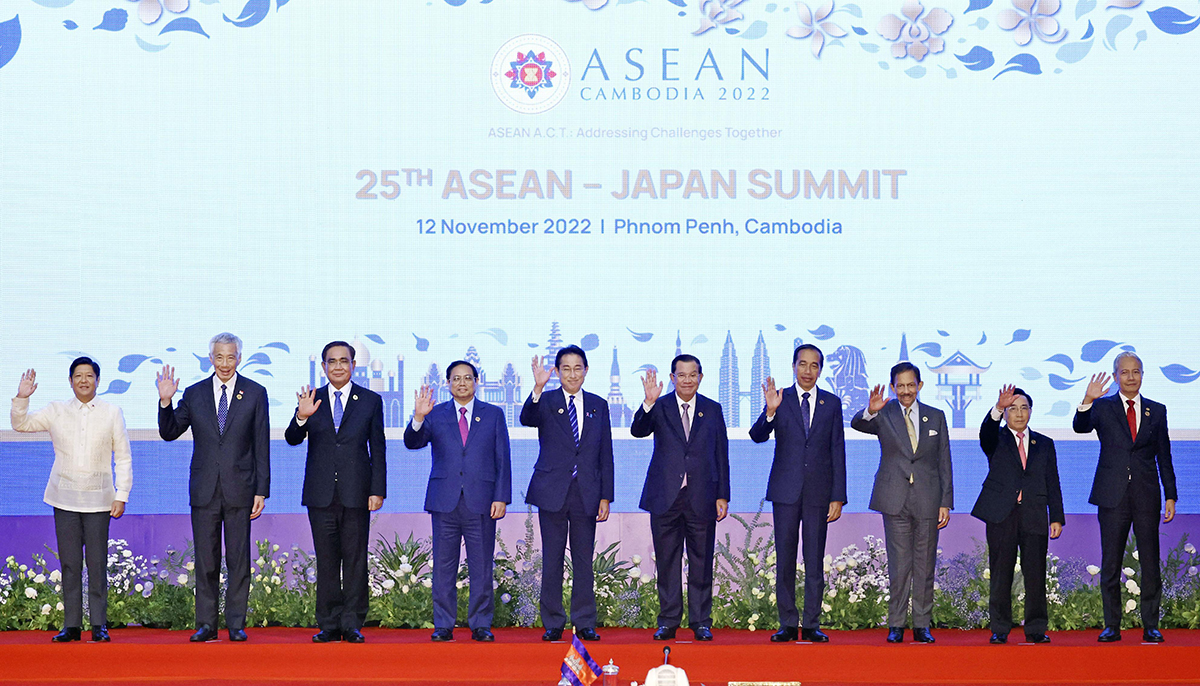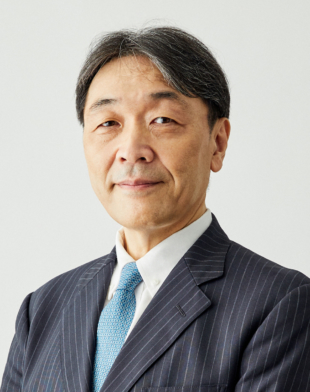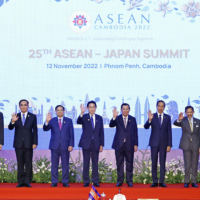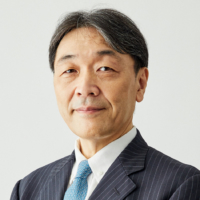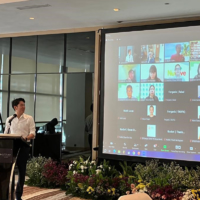2023 marks a half century since the first official ties were established between Japan and the Association of Southeast Asian Nations. In fact, Japan was the first country in the world to start a dialogue with ASEAN.
Over those 50 years, and despite such challenges as the recent COVID-19 pandemic, Japan has built up and maintained the strong economic and diplomatic interests across the Southeast Asian region that have fortified its history of involvement and partnership with ASEAN.
Today, the relationship between Japan and ASEAN has been described as a “Golden Friendship,” and as one that has the potential to create a “Golden Era of Opportunities.” Against such a backdrop, Japan and ASEAN together have deemed 2023 to be the 50th Year of ASEAN-Japan Friendship and Cooperation.
The 10 nations that currently make up ASEAN — Brunei, Cambodia, Indonesia, Laos, Malaysia, Myanmar, the Philippines, Singapore, Thailand and Vietnam — are home to 673 million people who produced a total gross domestic product of $3.34 trillion as of 2021, according to the Foreign Ministry.
Mindful of the potential and possibilities that working with this trade bloc offers — Foreign Minister Yoshimasa Hayashi has said ASEAN is Japan’s largest investment destination in East Asia — the Japanese government has been working for some time to build a cooperative relationship with ASEAN aimed at peace, stability, development and prosperity. For example, some four decades ago in 1981, the government and ASEAN jointly founded the ASEAN-Japan Centre — an intergovernmental group that to this day continues to promote investment, tourism and other initiatives between the ASEAN states and Japan.
Over the decades since, Japan has worked within this relationship “to realize a secure, prosperous and free economy and society through fair and mutually beneficial economic co-creation.” In the short term, it has sought to achieve this by strengthening its co-creation efforts with the public and private sectors throughout Southeast Asia. Over the long term, the government’s hope has been that, rather than highlighting one or another individual party’s efforts, ASEAN-Japan cooperation will instead demonstrate “what kind of society we can build together.”
In this 50th anniversary year, the Japan-ASEAN connection remains a strong one, and numerous events have been scheduled to commemorate these ties.
On March 28, Tokyo hosted the 38th ASEAN-Japan Forum. Held annually since 1977, this year the forum saw the senior officials particularly focused on exchanging views about ASEAN-Japan relations ahead of the ASEAN-Japan Commemorative Summit in December.
That same month, Prime Minister Fumio Kishida announced that Japan would be contributing a further $100 million to the Japan-ASEAN Integration Fund, which is meant to help build the ASEAN community. The government also published a new plan to maintain a free and open Indo-Pacific region, clearly expressing its intention to further strengthen efforts in Southeast Asia.
In early June, Tokyo was the setting for ASEAN-Japan Business Week. Japanese companies have long done business in the ASEAN region, which has been both a market for their products and a location from which to produce them. Under the theme of “Toward Innovative and Sustainable Growth,” the overarching goal of the event was for Japanese and ASEAN business communities to discuss and formulate the future direction of ASEAN-Japan economic relations.
Numerous other celebratory events have already been held or are slated to take place around Japan, and naturally the half-centenary will also be feted around ASEAN. All told, for Japan, this celebration of the organization’s founding presents a reminder of the commonalities in their perspectives. Both Japan and ASEAN share the view that, among other things, they should promote a rules-based Indo-Pacific region that is free and open, embraces key ASEAN principles, and complements the community-building process.
Looking forward, Japan will continue working together with ASEAN, which is celebrating its 56th anniversary, to tackle challenges that both parties share, including climate change, digitalization and governance for artificial intelligence.
As we celebrate the 56th anniversary of the Association of Southeast Asian Nations declaration, signed on Aug. 8, 1967, we remember that it envisioned a collective aspiration for regional cooperation, economic integration and cultural exchanges and inspired a collective vision for a prosperous future within ASEAN.
Today is significant as we reflect on the shared values, economic collaborations, and aspirations that unite the region and Japan. While this year marks the 50th year of ASEAN-Japan friendship and cooperation, the ASEAN-Japan Centre acknowledges that this partnership will become even more imperative in the coming years.
The key for the next era of ASEAN-Japan relations — geopolitically, economically and in terms of security — would be the power of youth. Passion, creativity and unwavering dedication among young people hold immense potential to fundamentally transform the world toward a sustainable future. Embracing inclusivity and diversity is the foundation for a sustainable society. To accomplish this, it is crucial to hear the unique perspectives and innovative thinking of young people and establish support systems and programs to nurture and empower their ideas for transformative solutions.
To that end, the AJC offers programs that support young people’s ideas and innovative thinking. Recently, we hosted the ASEAN-Japan Young Environmental Leaders Network, where people aged 15 to 18 applied with ideas to solve plastic pollution, and organized the Indo-Pacific Hackathon Japan-ASEAN Youth Strives for Circulation event, which drew more than 100 applications from enthusiasts in both ASEAN and Japan. By fostering a co-creative partnership between ASEAN and Japanese youth, and leveraging our combined innovation and entrepreneurial spirit, both regions can utilize their strengths and resources to address pressing challenges. This collective effort has the potential to not only impact the regions involved, but also shape the present and future world.
May the spirit of collaboration lead us toward a prosperous and peaceful future.
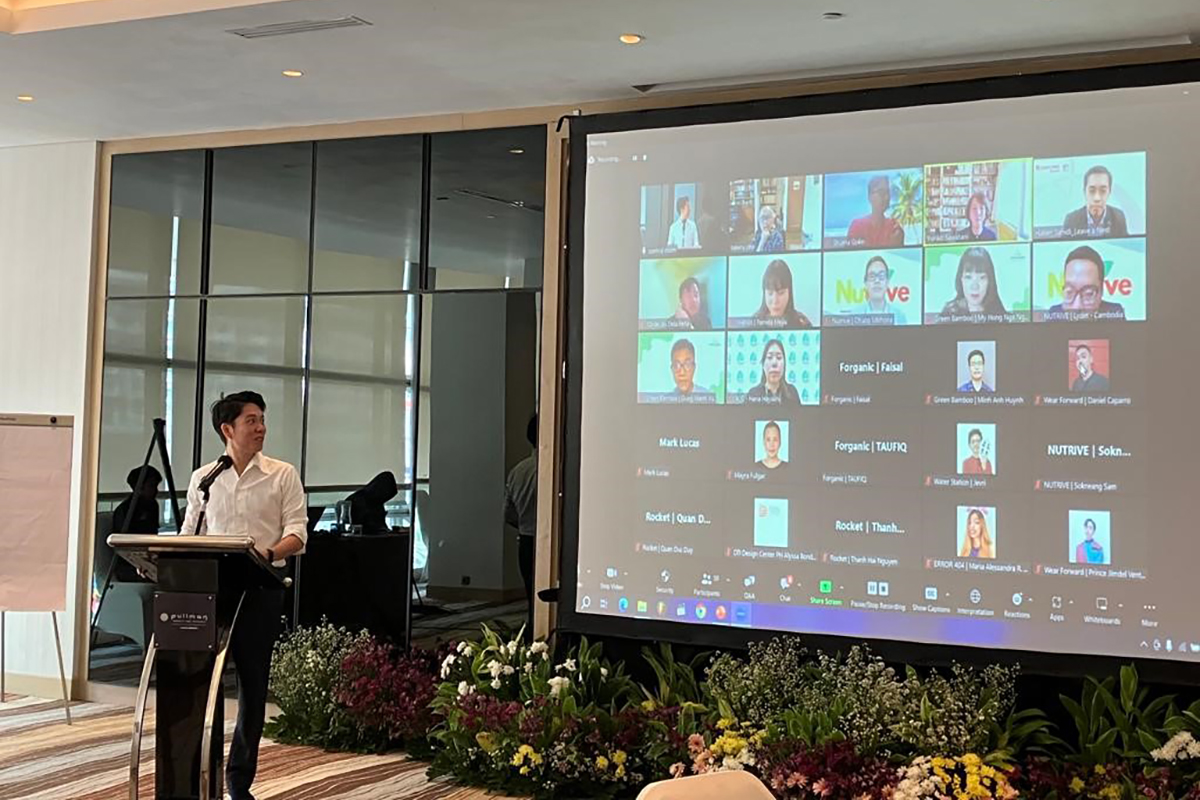
Download the PDF of this ASEAN Special



